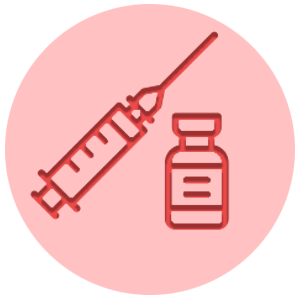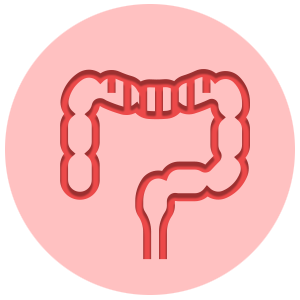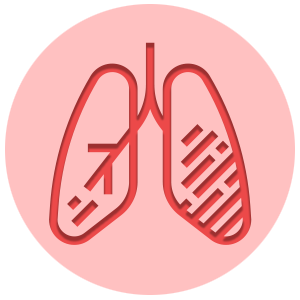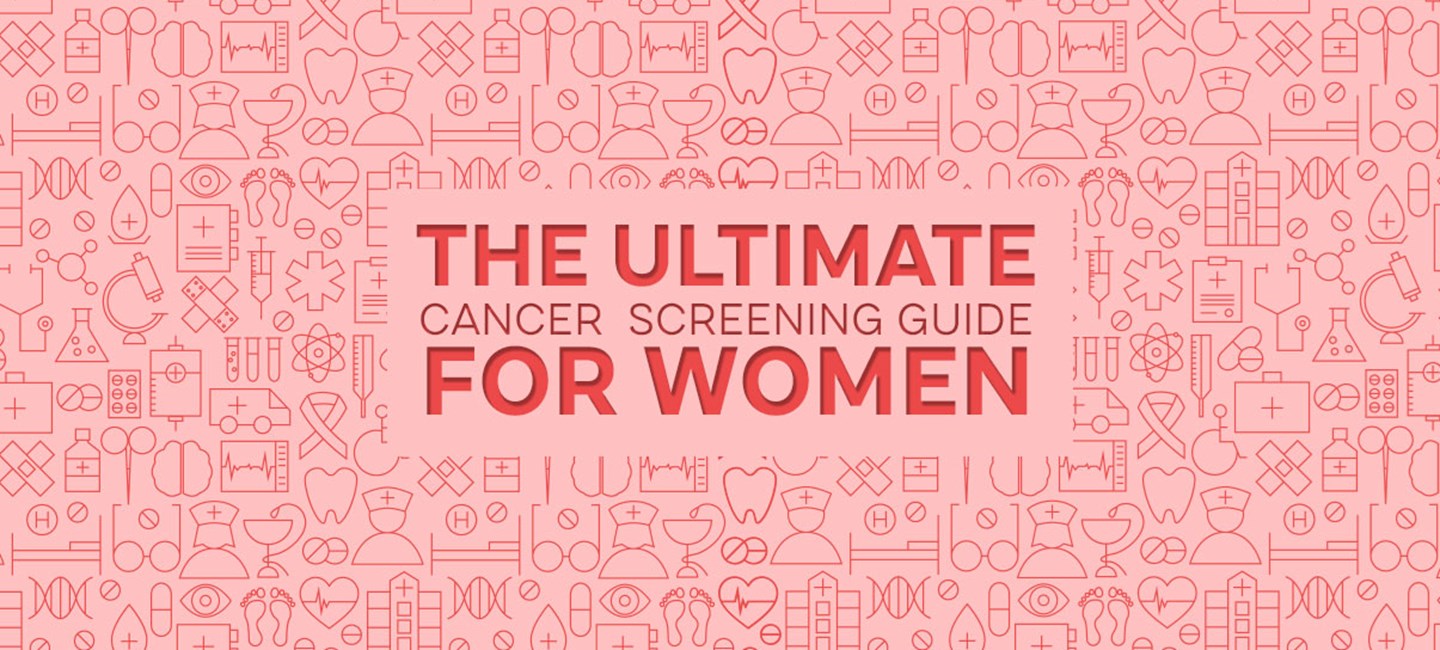The Ultimate Cancer Screening Guide for Women
Now more than ever, we are reminded that health and wellness should always be a top priority. Women are encouraged to take steps toward improving their physical and mental well-being. Preventive care is the best way to keep illness at bay, and detecting health issues early can offer better treatment options when they are most effective. We’ve put together a list of vital cancer screenings recommendations for females to help you take charge of your health.
Skin cancer screenings

Checking yourself for moles and having your skin examined by a medical professional can help detect many skin cancers early, when they are easier to treat. Skin cancer can develop at any age regardless of skin type, race or ethnicity. One in five Americans will be diagnosed with some form of skin cancer in the course of their lifetime.
Annual dermatology exams are especially important for people who are at a greater risk including those with:
- Skin that freckles or burns easily
- History of sunburn or prolonged sun exposure
- Certain types of moles
- Blue or green eyes
- Red or blonde hair
- Family history of skin cancer
- Indoor tanning habits
Pap and HPV test

Cervical cancer screenings can identify cell changes in a woman’s cervix that can potentially lead to cancer. Women are encouraged to start getting Pap tests at age 21 and follow the guidelines for routine screenings thereafter, including testing for the human papillomavirus (HPV).
- Women ages 21 – 29 should get a Pap smear every three years.
- Women ages 30 – 65 should have an HPV test every five years, a Pap test every three years, or a combination every five years.
- Women 65 and older, who have had regular cervical cancer testing in the past 10 years with normal results, may forgo testing.
HPV vaccines protect against the most common types of the virus that cause cervical cancer, as well as several other cancers. Vaccinations are recommended for males and females ages 9 to 26 and are covered by most insurance plans. The U.S. Food and Drug Administration also approved the vaccine for adults between ages 27 and 45 who have not previously been vaccinated. You would need to consult with your physician to determine if the vaccine is right for you.
Mammograms

One in eight women will be diagnosed with breast cancer in her lifetime. Starting at age 40, annual mammograms are recommended for women of average risk. Those with a family history of breast cancer – either from their mother or father’s side – should talk with their health care provider about beginning screenings sooner. Women should continue routine screenings as long as they are in good health since the chances of getting breast cancer increase with age.
Signs and symptoms of breast cancer include:
- A lump or hard knot
- A sunken nipple
- Pain
- Redness or scaling of the nipple area
- Swelling in the chest area
- Unexpected discharge coming from the nipple
If you experience any symptoms that are not normal for you, please seek the care of a medical professional.
Colorectal cancer screening

Average risk individuals should begin colon cancer screenings at age 45. However, those with certain risk factors are encouraged to begin screening at a younger age. Some factors that warrant colon cancer testing include:
- Having a personal or family history of colon polyps or colorectal cancer
- Being African American or Black
- Having certain inherited syndromes, such as Lynch syndrome and adenomatous polyposis
- Having inflammatory intestinal diseases, such as Crohn’s disease and ulcerative colitis
Lung cancer screening

Lung cancer screenings are recommended for women who are 50 or older and have a 20-year history of cigarette use. Women who have smoked a total of 20 years are considered high risk, regardless of whether those years were consecutive and not considering the number of cigarettes smoked per day.
Even if you have never used tobacco products, if you have been exposed to secondhand smoke, radon, asbestos, or other carcinogens or have a family history of lung cancer, you may still wish to consider regular screenings as part of a proactive health care plan. Speak to your primary care physician to determine what's right for you.

Head and neck cancer screenings
Most forms of head and neck cancer are found in the mouth, salivary glands, nose, or throat and are often caused by tobacco use and alcohol consumption. HPV can also lead to a head and neck cancer diagnosis. Moffitt Cancer Center experts recommend the examination of a patient’s head, neck and throat as part of an annual physical, as well as an examination of a patient’s mouth during a semiannual dental visit. While men are two to three times more likely than women to develop head and neck cancer, rates among females have been rising for several decades.
Cancer prevention
Besides undergoing routine wellness screenings, what are other ways you can help reduce your risk for developing cancer?
- Discuss HPV vaccines with your health care provider.
- Know your family history and act accordingly.
- Exercise daily for at least 30 minutes.
- Maintain a healthy and balanced diet.
- Practice safe sex.
- Quit smoking.
Talk to your doctor about your individual risk factors for all types of cancer and don’t forget to schedule your annual well-woman visit with your health care provider.



